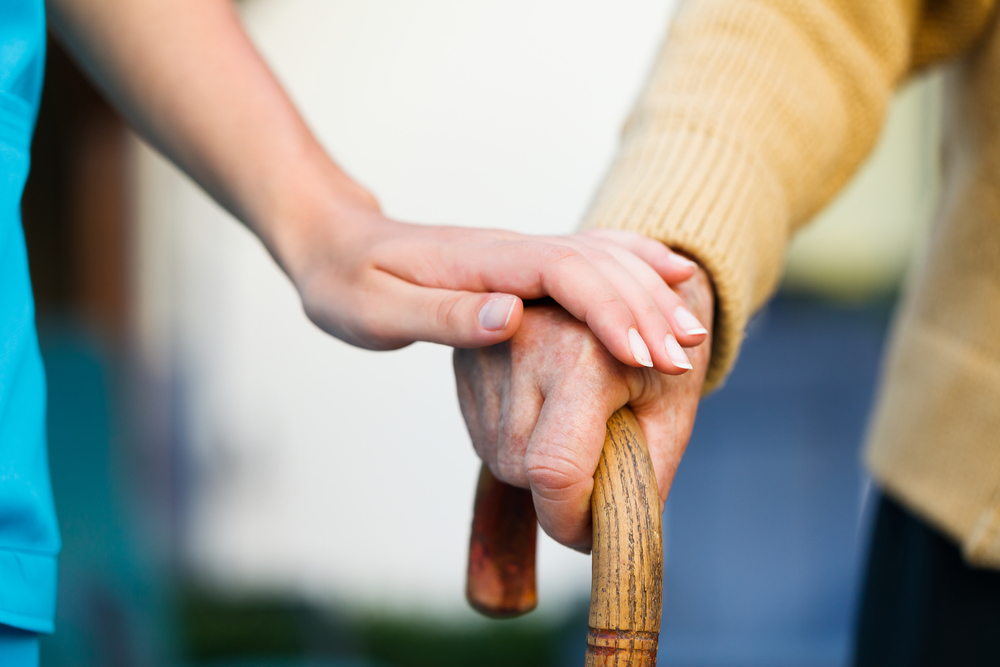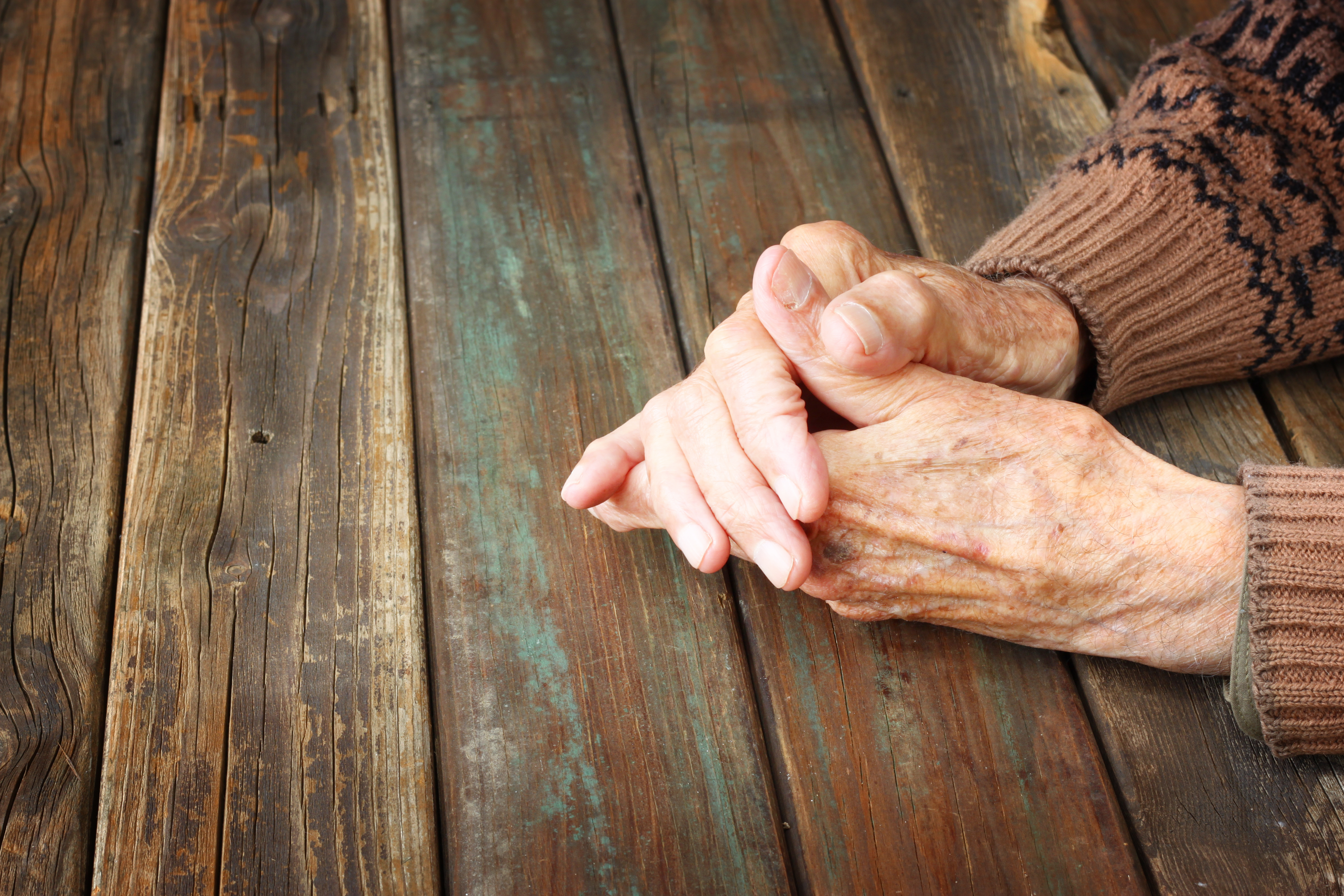

A nurse who worked at Overdale has been cautioned for hitting a patient in the face and failing to assist a "vulnerable" blind woman get out of bed. The Nursing and Midwifery Council decided not to suspend him to avoid "depriving the public of the services of a valued and experienced nurse."
Benjamin Tuazon Balanon Jr appeared in front of the Fitness to Practise Committee to face allegations of misconduct earlier this year, all of them dating back between 2009 to 2016 when he was working as a nurse on Samares Ward.
As part of his role, Mr Balanon, who qualified as a nurse in 1995, provided care to neurological and orthopaedic patients.
He faced a number of accusations of physical abuse on patients dating between January 2009 and January 2016. Those included striking a vulnerable female patient, Patient A, across the face as well as failing to assist a woman, Patient C, out of bed and speaking to her in an inappropriate manner.
Mr Balanon, who was represented by Christopher Geering, denied all the allegations. However, the Committee's panel members found that both charges had been proved.
Pictured: Both incidents occurred at at the Samares Ward at Overdale Hospital, where Mr Balanon was a nurse.
Regarding the striking incident, which occurred on or around 12 January 2009, Mr Balanon himself had written in his patient notes he "did not realise that I have hit her by the head." One of his colleagues said she had seen him hit Patient A. His line manager at the time said they had spoken over the phone about the incident shortly after it occurred. She said that what he told her at the time "had caused her such concern, that she returned to the hospital."
The panel recognised that the events took place in a "split second" but noted Mr Balanon's recollection had been "muddled" and "not entirely credible." They said he had been "unclear" when describing where his hand was going when he pulled the spoon away, or when explaining whether the patient had bit him before or after he hit her face, or at all.
Regarding the second incident, Patient C, an elderly woman who suffered from mobility problems and was visually impaired, signed a complaint form on 19 January 2016. She noted the nurse had failed to assist her in getting out of bed, and had been confrontational with her. Mr Balanon said he had assisted her by "removing the covers and lifting up the back of the bed," but that he did not swing her legs over. He explained that the patient's Occupational Therapist had instructed him "to encourage her independence" and that he felt he was doing so by assisting her only partially.

Pictured: Mr Balanon was facing a number of accusations of physical abuse on patients, but only two were proven.
However, the panel noted the incident took place around 04:30 when the patient had been asleep. "She was tired and fatigued," they wrote. "She had already been to the lavatory twice during the night. She was a patient who was fixated on her bowels and bladder, and felt a sense of urgency. In those particular circumstances, the panel found that you did fail in your duty to assist Patient C in getting out of bed."
The panel also concluded that Mr Balanon had spoken to the woman in an inappropriate manner. The patient said he had been “sharp in tone” and “had an attitude” and told her, amongst other things: “I’m not suppose (sic) to help, you won’t go home if you don’t do it you will end up in a nursing home.” She was described as being "extremely distressed" as a result. Mr Balanon also admitted telling her that the Healthcare Assistants were scared of her.
Jeremy Loran, Case Presenter, told the Panel that Mr Balanon's actions did amount to multiple and serious breaches of the nursing code. In relation to the first incident, Mr Loran said: "Nursing is a caring profession, therefore to strike a patient in your care is the antithesis of what is expected of a nurse. The physical abuse of a patient has the potential for wide ranging consequences of that patient."

Pictured: "To strike a patient in your care is the antithesis of what is expected of a nurse," said Jeremy Loran, Case Presenter.
Mr Geering conceded that the first incident was serious and passed the misconduct threshold. He however added it had arose in "very unusual circumstances" as Patient A had "a tendency to be physically aggressive to staff, namely, hitting and biting," even requiring sedatives at time. Staff described her needs as “very complex” and it was accepted that she was not suited to this specific ward.
In relation to Patient C, Mr Geering said Mr Balanon was "attempting to motivate her to mobilise herself in order to aid her recovery." He said Mr Balanon accepted he had "misjudged the situation" and that it was a mistake on his part. He also referred the panel to a number of positive testimonials which attested of the nurse's "professionalism, good interpersonal skills, kind nature, commitment and sound and safe knowledge."
The panel however concluded that Mr Balanon's actions in striking Patient A across the face fell "seriously short of the standards expected of a registered nurse and amounted to misconduct." They also noted his actions had put her at "unwarranted risk of harm." In relation to Patient C, the panel wrote: "By failing to assist her out of bed, and subsequently speaking to her in an inappropriate manner, you breached fundamental tenets of the profession and brought the profession into disrepute." They concluded that Mr Balanon's fitness to practise was currently impaired.

Pictured: Since the incidents, Mr Balanon has voluntarily undertaken courses on compassionate and elderly care.
The panel heard that since the incidents, Mr Balanon had undertaken various courses, including on compassionate and elderly care, of his own will and at his own expense. They also noted several references written on his behalf, including one from the Home manager of Clifton Care Home, who wrote: “Mr Balanon has years of experience in Nursing and it would be a loss to lose a nurse with so much experience.”
They eventually decided to make a caution order for a period of five years. During this period, any potential employer will be made aware that Mr Balanon's fitness to practise has been found to be impaired and that a caution order has been imposed.
The panel explained that "the purpose of a sanction is not to be punitive, although it may have that effect. It is intended to protect patients and the wider public interest." They considered there were "no deep-seated attitudinal issues," that the incident was not premeditated and that Mr Balanon is otherwise of good character.
They concluded: "The panel determined that a suspension order would be disproportionate and unduly punitive. The panel was of the view that a less restrictive sanction could satisfy both public protection and the public interest. A suspension order would also deprive the public of the services of a valued and experienced nurse."
Comments
Comments on this story express the views of the commentator only, not Bailiwick Publishing. We are unable to guarantee the accuracy of any of those comments.